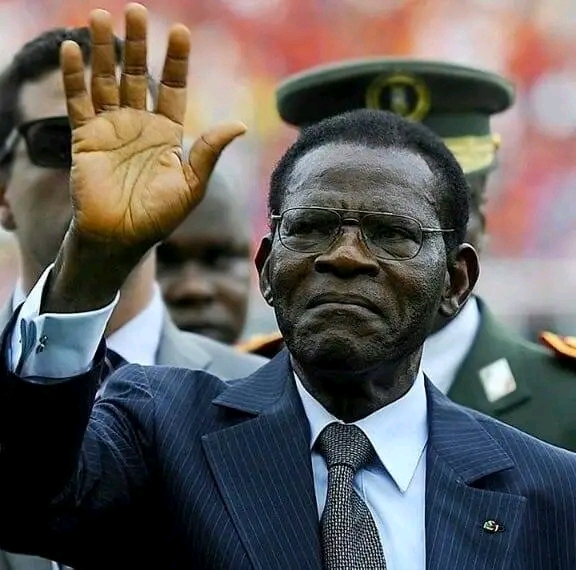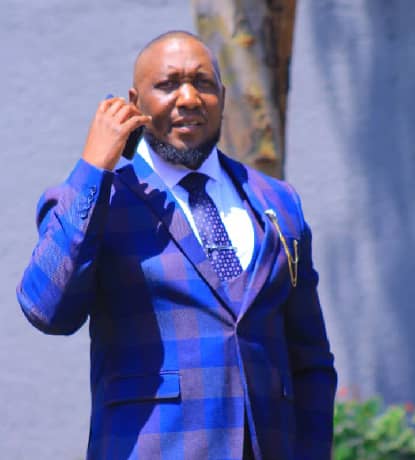By Twink Jones Gadama
Africa’s political landscape has been shaped by a handful of leaders who have managed to maintain their grip on power for decades.
These individuals have overseen significant events, made pivotal decisions, and left an indelible mark on their respective countries. However, their extended tenures have also raised concerns about democracy, human rights, and the concentration of power.
At the top of the list is Teodoro Obiang Nguema Mbasogo, who has ruled Equatorial Guinea for an impressive 46 years. Since seizing power in 1979, Obiang has become one of the longest-serving heads of state in the world. His presidency has been marked by allegations of human rights abuses, electoral fraud, and the suppression of political opposition.
Paul Biya, Cameroon’s president since 1982, is another long-serving leader who has maintained his position for 43 years. Biya’s tenure has been marred by controversy, including allegations of electoral manipulation and human rights abuses. Despite these concerns, Biya remains one of the most enduring figures in African politics.
Yoweri Museveni, Uganda’s president since 1986, has been in power for an impressive 39 years. Museveni’s presidency has been marked by significant economic growth and development, but also by allegations of human rights abuses and electoral manipulation.
Other long-serving African presidents include Isaias Afwerki of Eritrea (34 years), Denis Sassou Nguesso of the Republic of the Congo (41 years), and Ismail Omar Guelleh of Djibouti (26 years). These leaders have managed to maintain their positions through a combination of constitutional changes, electoral manipulation, and the suppression of political opposition.
The legacy of these long-serving presidents is complex and multifaceted. On the one hand, they have overseen significant economic growth and development in their respective countries. On the other hand, their extended tenures have raised concerns about democracy, human rights, and the concentration of power.
Critics argue that these leaders have used their positions to entrench themselves in power, often at the expense of their citizens’ rights and freedoms. They point to allegations of electoral manipulation, human rights abuses, and the suppression of political opposition as evidence of their authoritarian tendencies.
Supporters, on the other hand, argue that these leaders have brought stability and continuity to their respective countries. They point to significant economic growth and development, as well as improvements in healthcare and education, as evidence of their effectiveness.
Ultimately, the legacy of Africa’s longest-serving presidents will depend on how their tenures are evaluated by history. Will they be remembered as visionary leaders who brought prosperity and stability to their countries, or as authoritarian figures who suppressed democracy and human rights?
As the continent continues to evolve and grow, it is essential to reflect on the lessons of the past. What can be learned from the experiences of Africa’s longest-serving presidents? How can their successes and failures inform the development of more effective and democratic leadership in the future?
These are questions that will continue to shape the debate about leadership and governance in Africa. As the continent moves forward, it is essential to prioritize democracy, human rights, and the rule of law. Only by doing so can Africa’s leaders ensure that their tenures are marked by prosperity, stability, and the well-being of their citizens.



